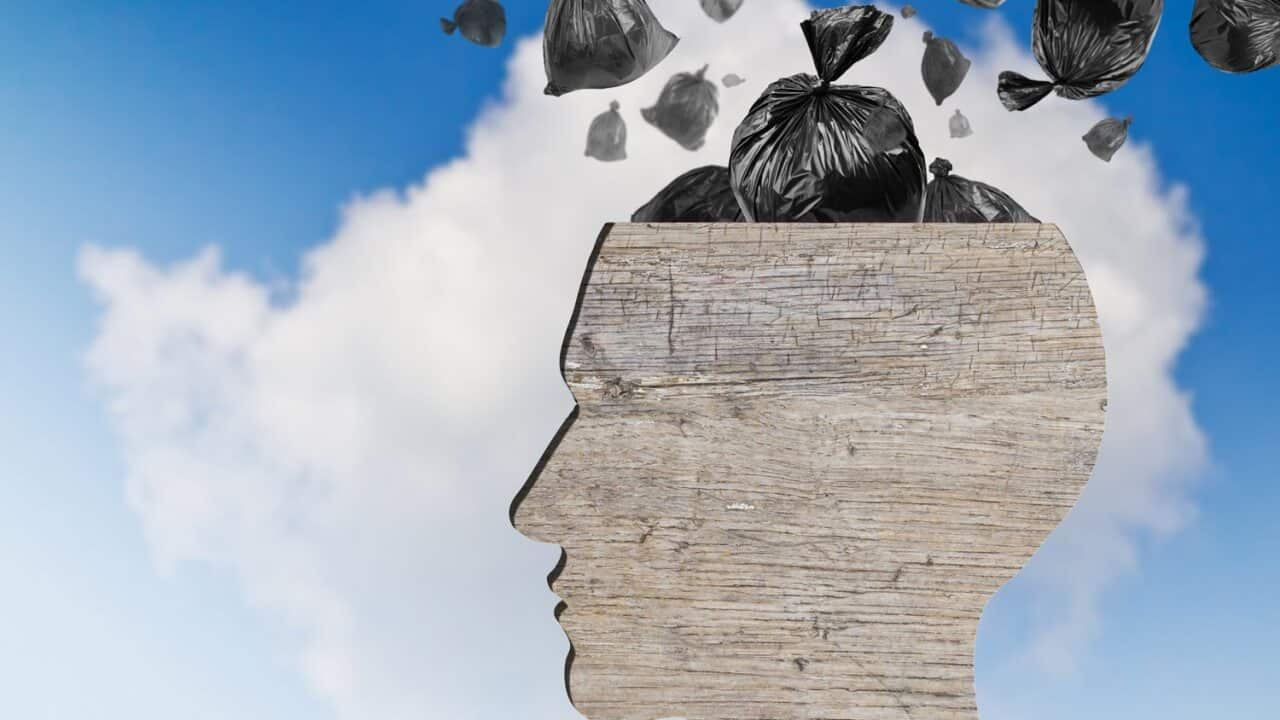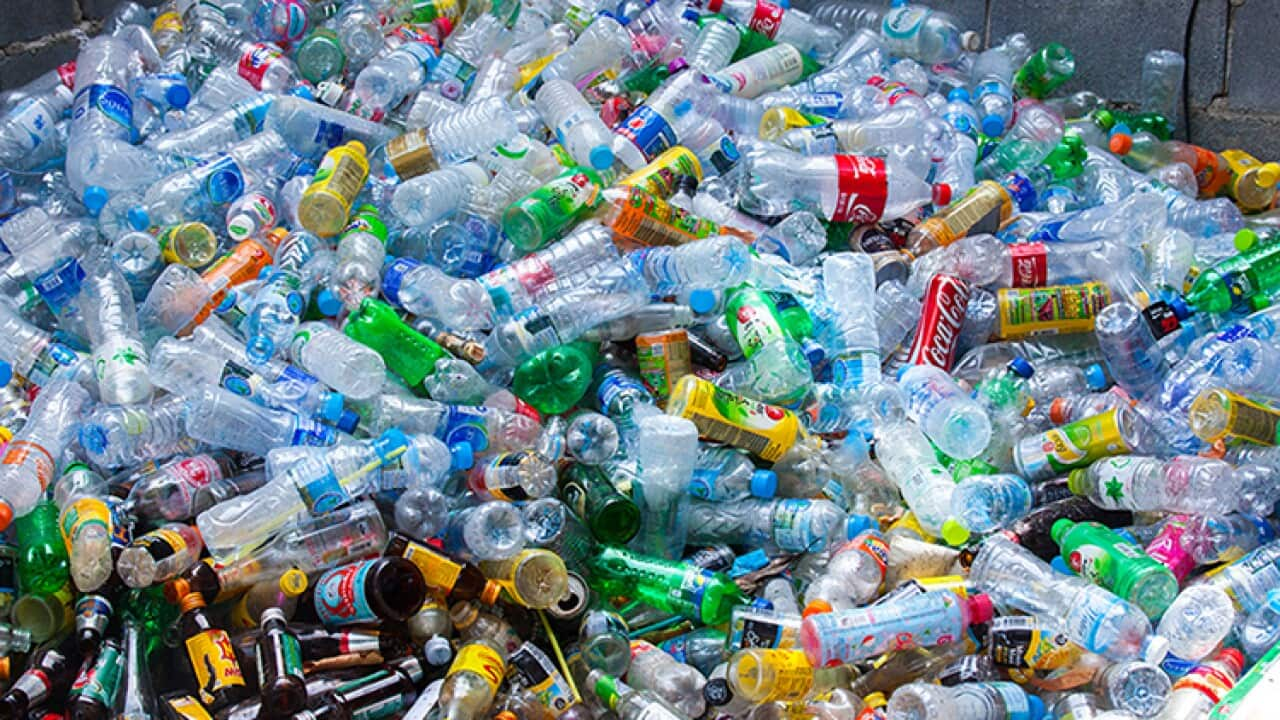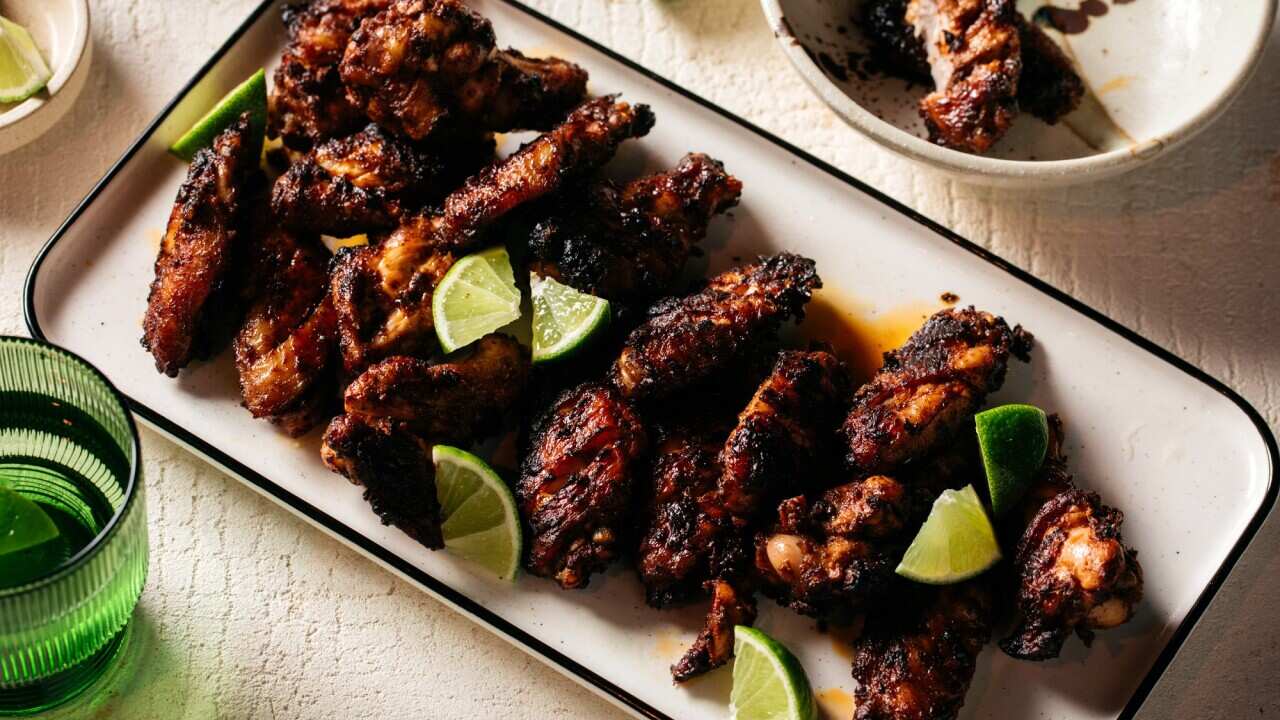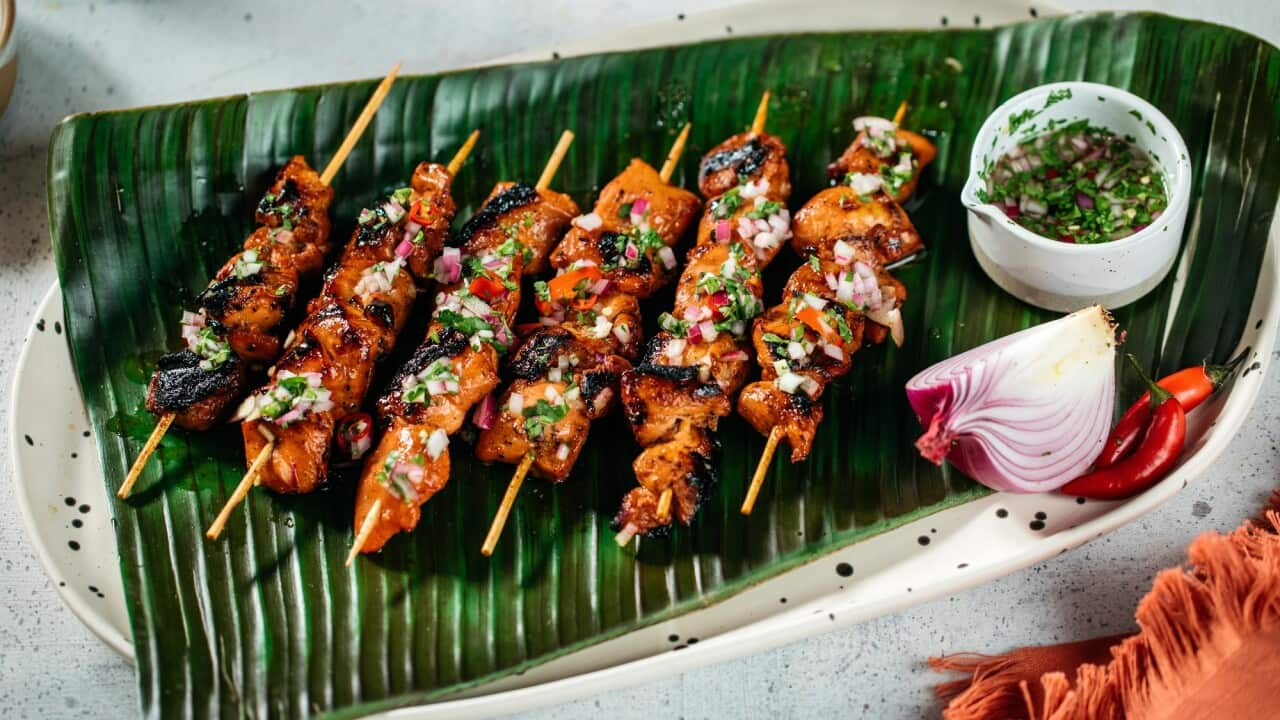Eliminating the existence of plastic from Australia’s kitchens, parks and seas is a massive job. But it’s a task that these groups are taking on, one plastic food container at a time.
Meet the groups battling Australia’s plastic food packaging crisis.
The future of young people is at stake. The world is changing so rapidly and I’m so inspired by all these young kids taking the work into their own hands.
Spreading the plastic-free message
Culturally diverse communities living within 11 local councils areas, , are currently being provided with free education workshops teaching residents to recycle, reduce plastic use and make environmentally sound choices when shopping for food.
runs four environmental workshops regularly: Essential Food Tips, Can I recycle this?, Why Reduce Plastic and Buy Swap Sell Second Hand Online.
SSROC’s waste and resource recovery community educator, Mei Li Quah, tells SBS that it’s her job to find the community groups in need of education – like a migrant class learning English – and organise for the workshop.
But there are new things you have to adapt to if you are in a new country. You may need to change what you cook and what you buy.
Over the last three years, over 7,400 people have participated in the free workshops, which are also available in Arabic, Cantonese, Korean, Mandarin, or Spanish.
“Many people think Australia (and Sydney) is very beautiful and want to keep it clean,” says Quah. “Meanwhile, most people want to do the right thing and do better with their waste and recycling.
“But there are new things you have to adapt to if you are in a new country. You may need to change what you cook and what you buy. Sometimes plastic packaging is the default option as well. But [the workshops show people that] there may be other packaging options available that they may not be aware of.”
Cooking without plastic
a non-profit enterprise that runs food initiatives providing 30 asylum seekers, refugees and new migrants with employable cooking skills, has incorporated a plastic-reduction philosophy into all of its work.
Single-use plastics are currently banned in the kitchen and all cooking presentations use crockery as opposed to takeaway dishes. These plastic-free initiatives have been designed to intentionally reduce the organisation’s environmental footprint and present Free to Feed's food in a sustainable, respectful way.
In some ways, it is luxury to be concerned with plastic, especially when you are running for your life or being persecuted in another country.
Co-founder of Free to Feed, Daniel Bolotin, explains that the organisation's cooks seem to have a strong alignment with a plastic-free philosophy, even though plastic use reduction is not necessarily an issue that they have had much exposure to.
“The people we work with have always had a ‘waste not, want not’ attitude to all things food and cooking, and this naturally extends to plastic use,” Bolotin tells SBS.
“...In some ways, it may be considered a luxury to be concerned with plastic, especially when you are running for your life or being persecuted in another country. But what has been super encouraging is how receptive [our cooks] have been to understanding, learning and embracing [the idea of being plastic-free].”
For more information, visit 

A group of former refugees and young people work at a festival to ensure that compostable or recyclable products don't go to landfill. (Image: Green Connect Illawarra) Source: Green Connect
A festival-led war on waste
is a social enterprise with a difference. Known for growing fair food and employing former refugees and young people, this organisation also runs a zero-waste service to help businesses and schools become more sustainable.
As part of this service, former Karenni and Congolese refugees work casually at festivals happening locally and around Australia to perform waste management duties. This paid work involves hand sorting food-packaging and plastics at festivals - like bottles and chip packets- to ensure that recyclable products do not end up in landfill.
“Our workers get to learn employability skills,” Kylie Flament, general manager at Green Connect tells SBS. “They also come away with an increased knowledge and awareness about waste composting and recycling, which flows through to their community.”
Green Connect volunteers and staff also work with festival organisers to design sustainable, plastic-free events.
“It doesn’t matter what cultural background or country you come from,” Flament says. “We are all facing this plastic crisis together, so we all need to be part of the solution.

Green Connect staff take charge of the waste services at a festival. (Image: Green Connect Illawarra) Source: Green Connect
One world, one ocean
is a grassroots organisation dedicated to protecting our waves and beaches that trains international university students seeking skills in the plastic reduction space.
Interns from France, Chile and Italy, work on beach cleans, events and community education projects. They also assist in rolling out Surfrider’s free Ocean Friendly national accreditation program for restaurants, cafes and other food businesses and events.
To gain accreditation, hospitality outlets have to reduce single-use plastic items like takeaway containers, water bottles and straws, and adopt reusable items and non-plastic alternatives.
“The interns cut their teeth here in Australia and go back to their home country to get a job with another plastic reduction organisation overseas or Surfrider International,” national chairperson of Surfrider, Susie Crick tells SBS.
“The future of young people is at stake. The world is changing so rapidly and I’m so inspired by all these young kids who are taking the task of plastic reduction into their own hands.”














